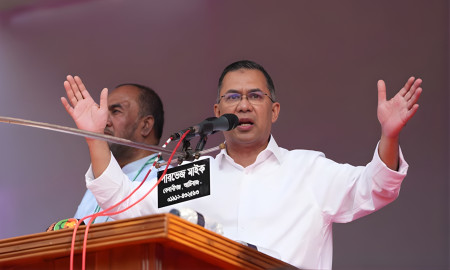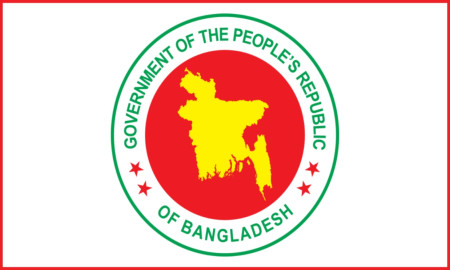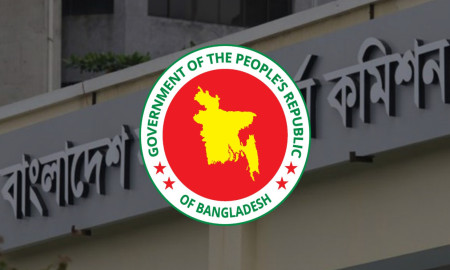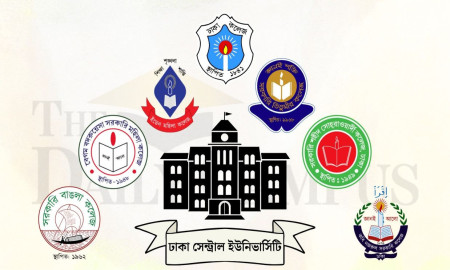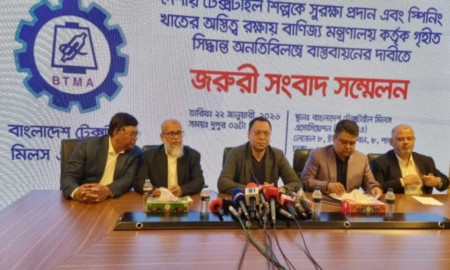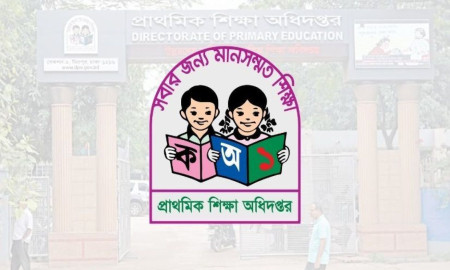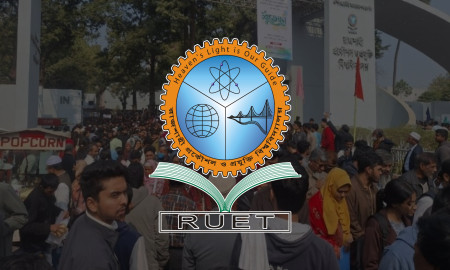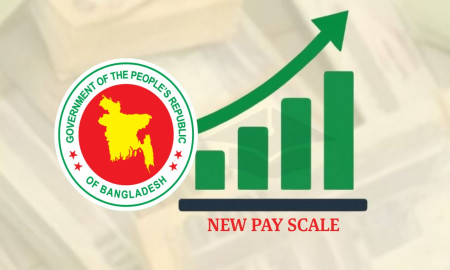US to Reduce Visa Duration for Foreign Students, Exchange Visitors, and Media Workers
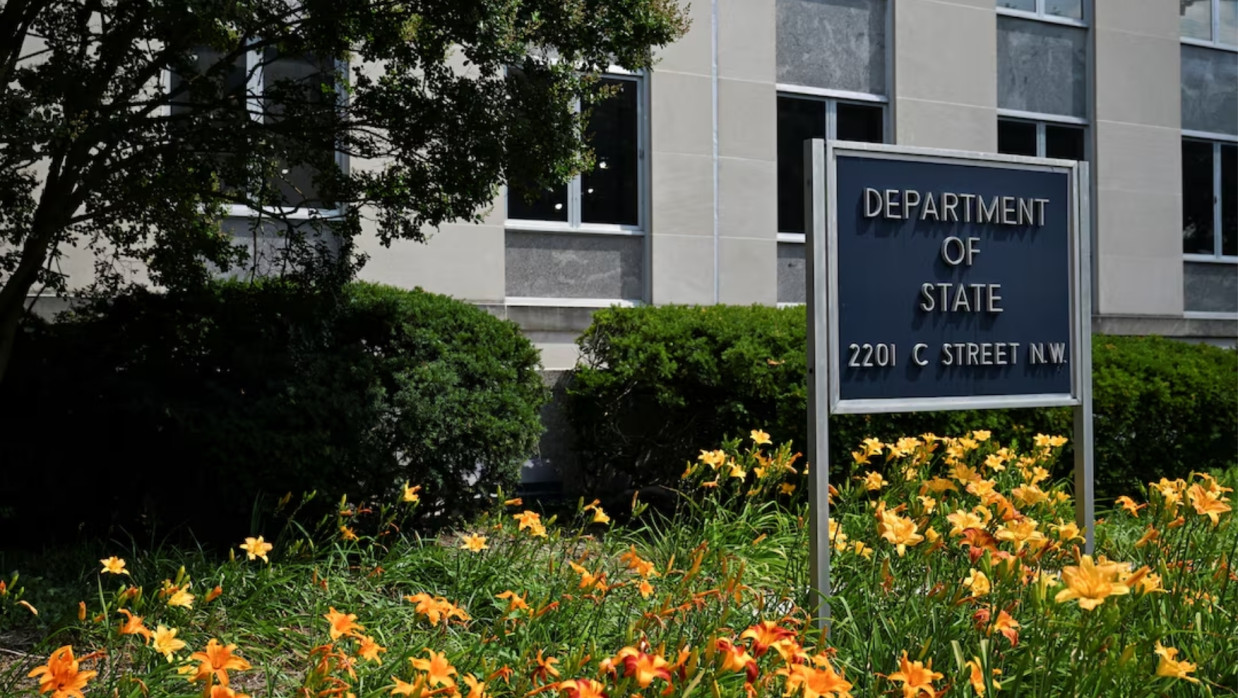
On August 27, 2025, the Trump administration proposed a regulation to impose fixed time limits on F visas for international students, J visas for cultural exchange visitors, and I visas for media representatives, as part of a broader crackdown on legal immigration. This move, announced by the Department of Homeland Security (DHS), aims to replace the current “duration of status” system, which allows these visa holders to remain in the US for the duration of their program or employment without a specific end date, provided they comply with visa conditions. The proposed changes would cap F and J visas at four years and I visas at 240 days (90 days for Chinese nationals), requiring visa holders to apply for extensions to stay longer. The DHS cites enhanced monitoring and oversight as the rationale, arguing that the existing system lacks sufficient checkpoints to verify compliance.
In 2024, approximately 1.6 million international students held F visas, while the US issued 355,000 J visas and 13,000 I visas in fiscal year 2024, starting October 1, 2023. The new rule, if finalized, would affect these groups significantly, creating additional administrative hurdles for students, exchange workers, and journalists who would need to file extensions with US Citizenship and Immigration Services (USCIS). The public has 30 days to comment on the proposal, which echoes a similar 2020 initiative during Trump’s first term that faced backlash and was withdrawn by the Biden administration in 2021. NAFSA, representing over 4,300 educational institutions, opposed the earlier proposal, citing its potential to deter international talent.
The proposal aligns with the Trump administration’s heightened scrutiny of legal immigration, including revoking student visas and green cards based on ideological views and resuming neighborhood checks on citizenship applicants, as outlined in an August 22, 2025, USCIS memo. Critics, including universities and advocacy groups, argue that the fixed-term system could undermine the US’s appeal as a destination for global talent, increase bureaucratic burdens, and risk visa overstays due to processing delays. The regulation’s finalization, expected after the comment period, could reshape the landscape for international students and professionals in the US.



